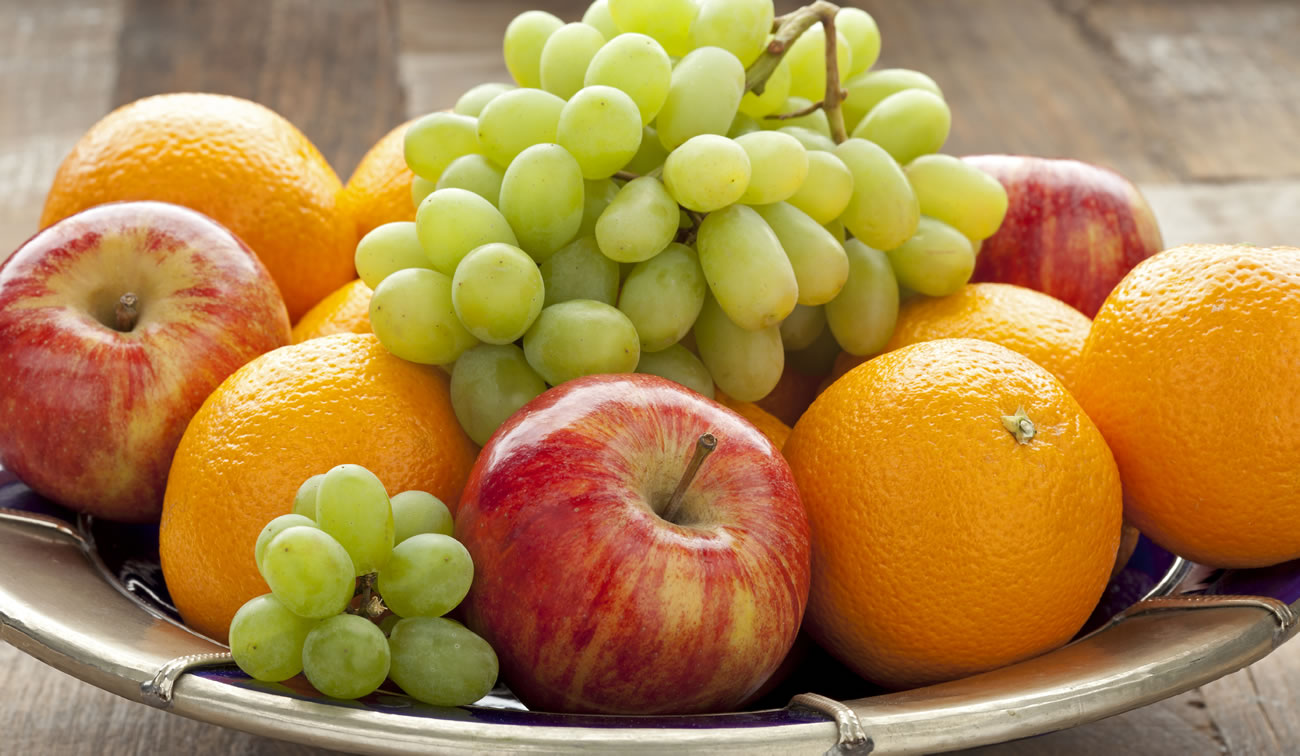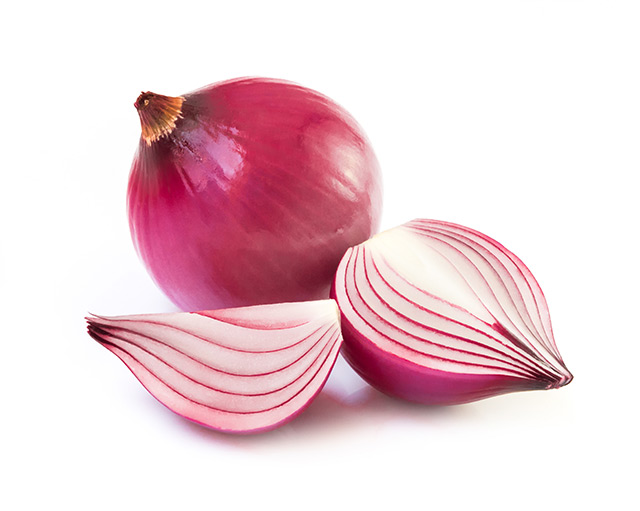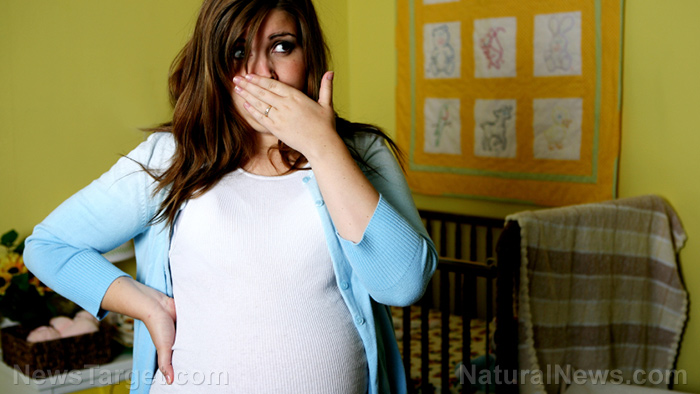Clean eating versus orthorexia: what’s the difference?
08/04/2016 / By slendernews

A fine line exists between ‘eating clean’ and ‘obsessive eating’.
(Article by Jacqueline Alwill)
Having stepped over that line several times myself, worked with clients in nutrition practice and seen it frequently through social media and more recently in mainstream media, I know it well.
It seems everyday there is another reason for people to obsess over what they’re putting into their body and ‘clean eating’ isn’t always a healthy approach but often a disorder. We refer to it as ‘orthorexia’.
Years ago, as a teenager, when I first took an interest in health and food, I stopped eating the typical culprits – chocolate, chips, sugary drinks – and it felt good. I was doing something my peers thought admirable and I liked that feeling, so I stepped it up a notch; bread, pasta, anything that made me feel ‘heavy’, they all went too.
But with their departure entered a level of control too. I could control the way I thought and felt purely with what I ate. That control was insanely addictive, to the point it became obsessive. I was the healthy eating addict and what it was meant to control began controlling me.
Between the ages of thirteen to seventeen I had an eating disorder in full operation. It became an obsessive disorder that was affecting my mood, growth, development, learning and interaction with my family and peers. In the few years I said goodbye to junk food and decided that fruit and salads were the only way forward, my body weight dropped extremely low, I lost my period, my energy, I couldn’t stay awake during class, I avoided meals with friends and, when I could, family too, just so that I could maintain the control over my eating. To put the cherry on the cake, I became an exercise junkie too.
What was undiagnosed as orthorexia moved rapidly into anorexia. My family were broken, no psychologists were connecting with me and what I was doing to my body was damaging. The turning point only came when I was told that if I kept up my ways, my reproductive system may not recover later in life when I wanted to have a family. It hit home and I realised something had to change.
I took small steps to learn and understand my mind firstly, becauseanorexia and orthorexia are psychological disorders. I then slowly began allowing food to re-enter my life from a place of happiness. I transitioned back from anorexia into orthorexia (problematic, however it was a step) and then slowly onto a path away from controlling food. It took time, there were steps forward and back, but ultimately it led me to where I am today as a nutritionist. I understand food, the emotions people connect with it, the way it can make you feel, and how these factors can also result in the very complicated relationship many people have with it.
As health has become more of a focus for many and clean eating is the new black, it’s deemed perfectly ‘normal’ for most people to restrict some component of their diet. But, so often with restriction comes obsession and control because clean doesn’t always mean healthy.
Obsession and health aren’t team players and we need to tread carefully with thinking they are. I regularly see instances where the line between good healthy eating, clean eating and orthorexia begin to blur. Hearing these transitions makes my radar start to fire:
‘I’M ‘GOING’ VEGAN…’
If you have ethical reasons which align your beliefs in the treatment of animals with what you include in your diet and lifestyle then yes, veganism may be your choice. But veganism is complete lifestyle choice, not just eliminating animal products from the diet because you believe it is a ‘healthier, cleaner’ option. Vegan means you say goodbye to your leather handbags, shoes, woolly jumpers and all sorts of other items in your life too. And although increasing plant foods in your diet is a wonderful thing, look at whether choosing a vegan lifestyle is really something you ethically believe in or whether it’s because you are doing it because it is something you believe is cleaner and #trending.
‘GLUTEN FREE IS HEALTHIER…’
If diagnosed as a coeliac, it is necessary to avoid gluten in order to manage your health. Period. For the rest of us becoming obsessed with gluten-free because gluten has been deemed the root of all evil isn’t actually the healthiest approach. Not all gluten-free products are created equal and many commercial gluten-free products have less than optimal nutrition. If going out to a cafe, restaurant or a friend’s house for a meal means always checking whether the menu contains gluten-free options, then something (unless you are a diagnosed coeliac) has to give. This goes for dairy, grains, and other food groups we may have restricted from the diet. It is so important to release the mind from the burden that comes with a restrictive approach and know that you can indeed enjoy whole, nourishing foods that may contain these ingredients in good health. Everything in moderation, including moderation.
‘I NEED TO DETOX…’
‘Detoxes’, when implemented under the supervision of a nutritionist, dietitian or qualified health practitioner can be very effective – for those who truly need them. However, the reality is most ‘detoxes’ are undertaken by those who are already incredibly clean, and instead utilised as a way to up the ante. If you eat a well-balanced diet, manage stress, breathe well, move and tune into your body, then ‘detoxing’ isn’t necessary. Moreover, if you already have a restrictive diet and are considering an intense ‘detox’ because things don’t feel right, then it’s most likely your body sending a signal to be a little kinder than to put it under further stress.
Just the other day, as I was considering all of this; my own personal journey, the experience I have with clients, what I see on social media and beyond, a quote popped up before me. It read…
“Don’t waste 95 per cent of your life, just to weigh 5 per cent less.”
It’s true. If thinking about what you are eating and becoming fixated on how to make it cleaner is taking up more time than what you give to enjoying other precious moments, then it’s time to break down those walls a little. Good health comes from a balanced approach, a healthy diet with some room to move and have fun with food. It is a head space free of the voice telling you ‘you shouldn’t eat that’, it is enjoying moments in life with others and taking a kinder approach to food and your body.
Read more at: stuff.co.nz
Tagged Under: Clean Eating, orthorexia




















